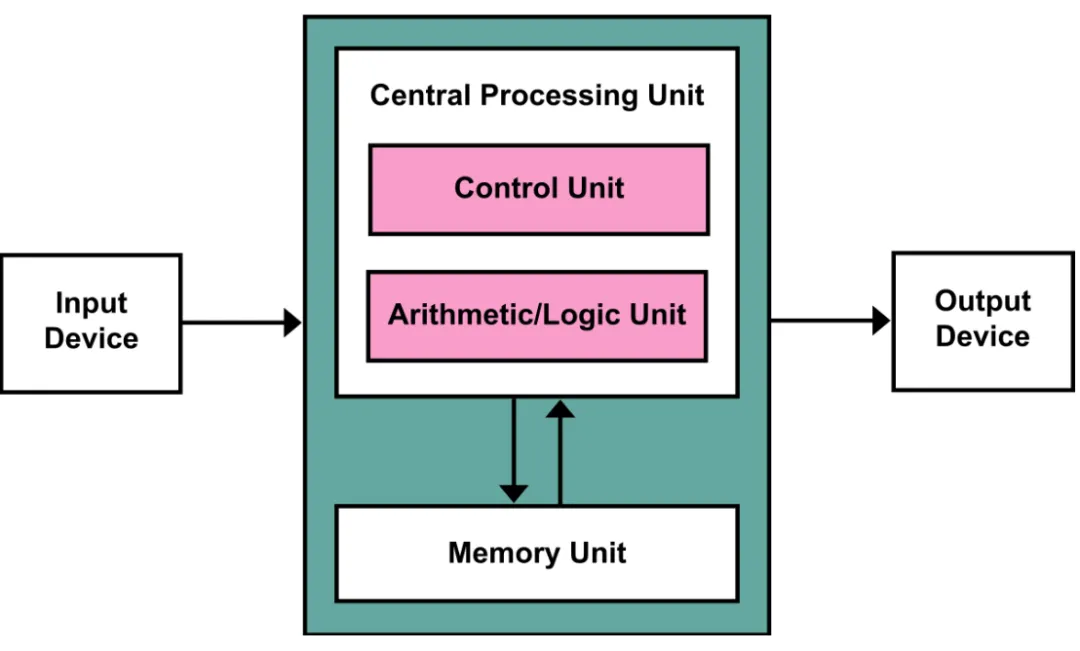
Understanding the Essence of Computing: From Abstract Models to Independent Thinking
Explore the fundamental principles of computer science through abstract models, Von Neumann architecture, compilation principles, and distributed systems. A deep dive into the philosophical and technical foundations of modern computing.
Understanding the Essence of Computing
Abstract Models
Zhuangzi once said, "I have cliffs in my life, but I know no bounds." It is foolish to learn endless knowledge with a limited life. The ultimate goal of learning is definitely not knowledge itself, because knowledge is superficial, unstable, and can become outdated. So what should we learn, what is eternal? Perhaps we will have many insights, such as studying philosophy; Or learning methodology; Or learning abstract models and so on.
The perfect embodiment of these abstract models is the mathematical formulas we often see, which are like universal tools. Through them, we can know how the universe and nature operate in a regular way.
In reality, we will find that each discipline has its own abstract model, which is like the stars in the sky, with similarities and differences. So, the expansion of cognitive structure is actually the expansion of model boundaries. The more models we have, the richer our cognition becomes.
Computer Model
From a physical perspective, the capacitance of a transistor has only two states: on and off. From the law of optical transmission, there are only two types of voltage: high and low. This corresponds to 0 and 1 in the digital world (excluding quantum computing). Adding one or more capacitors and one or more wires here results in 2 states of 4/8/16/64. And with the development of nanotechnology, the increase of multi-core CPUs, and the emergence of 5G high bandwidth, there will be more and more states that can be represented and transmitted at the physical level.
No matter how complex the virtual world may be, tracing back to the origin:
- From a physical perspective, we can start with capacitors
- From a mathematical perspective, we start with binary
- From a philosophical perspective, we start with yin and yang
The computer's power-up process is very much like the Big Bang, followed by the journey of bits. Bits keep moving during the journey, from disk -> bus -> memory -> CPU. One bit through a function factory might produce 80 bits, and after circling the Earth once, it might increase by n-power bits.
Von Neumann Architecture
The core components of a computer remain stable across different platforms, whether it's PC, mobile, or IoT architecture. These components include:
- Arithmetic unit
- Memory
- Controller
- Input/output devices

Compilation Principles
Understanding computer languages requires knowledge of:
- Syntax analysis
- Lexical analysis
- Semantic analysis
- Regular expressions
- Finite state machines
Whether it's modern languages like Go and Rust, or established ones like Java, C/C++, Python, or JavaScript, they all share these fundamental compilation methods.
Distributed Systems

The principles of distributed systems, particularly in data replication, trace back to Lamport's 1978 paper. These foundational concepts continue to be relevant in modern databases, whether relational (MySQL, SQL Server) or non-relational (Redis, MongoDB).
Independent Thinking
Independent thinking in computer science requires:
- Mathematical thinking
- Systematic approach
- Abstract modeling
- Rational logical thinking
Summary
The essence of computer science lies not in specific technologies but in:
- Abstract knowledge models
- Fundamental principles
- Systematic thinking
- Continuous questioning and learning
Learning should focus on understanding these timeless principles rather than just accumulating temporary knowledge.
Related Posts
GitHub Daily Recommendation 2025-02-06
🚀 GitHub Daily Recommendations Alert! 🌟 Today's spotlight is on AI Artificial Intelligence projects. Dive into cutting-edge code, discover top-notch tools, and elevate your AI skills! 🤖💡 #GitHub #AI #OpenSourceProjects
Product Hunt Daily Recommendation 2025-02-06
Discover the latest Product Hunt daily recommendations for today! Dive into top AI tools, SaaS products, and mobile apps. Explore innovative tech and stay ahead in the world of startups. Join us for a daily dose of cutting-edge innovation!
GitHub Daily Recommendation 2025-02-05
🚀 GitHub Daily Recommendations Alert! 🌟 Dive into today's top-notch open-source projects, including cutting-edge AI, stunning Web Frontend, and powerful Cloud Computing solutions. Enhance your tech toolkit and stay ahead with our 🎯 curated picks! 📚✨